
info@apandatour.com
+86 28 8521 4086

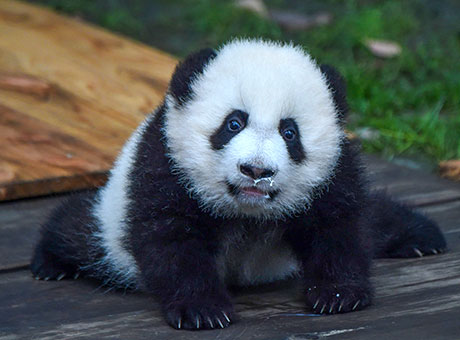
5 Days Wolong Giant Panda Research Camp
Age: 8+ Child with Family, 10+ alone
Date: July 25th-29th, 2025 Trip Code: PT001
Guide: Bella
Price: 597USD/pax
Trip Focus: Study Pandas + Field Exploration + Community Visit
Route: Chengdu-Wolong-Balang Mountain-Chengdu
 Overview
OverviewLocated in the transitional area between Qinghai-Tibet Plateau and Chengdu Plain, Wolong National Nature Reserve has diverse ecological types including high mountains, deep gorges, forests, and streams with huge elevation gaps. As one of 36 global hot spots for biodiversity, Wolong is home to numerous rare and precious wildlife including Giant Panda, Sichuan Golden Snub-nosed Monkey, Lesser Panda(Red Panda), Chinese Monal and Golden Pheasant, and a great number of alpine flowering plants including Cypripedium tibeticum King ex Rolfe, Meconopsis henrici and Primula sinopurpurea Balf. The abundant natural resources make Wolong an ideal destination where people can explore nature and seek physical and mental pleasure.
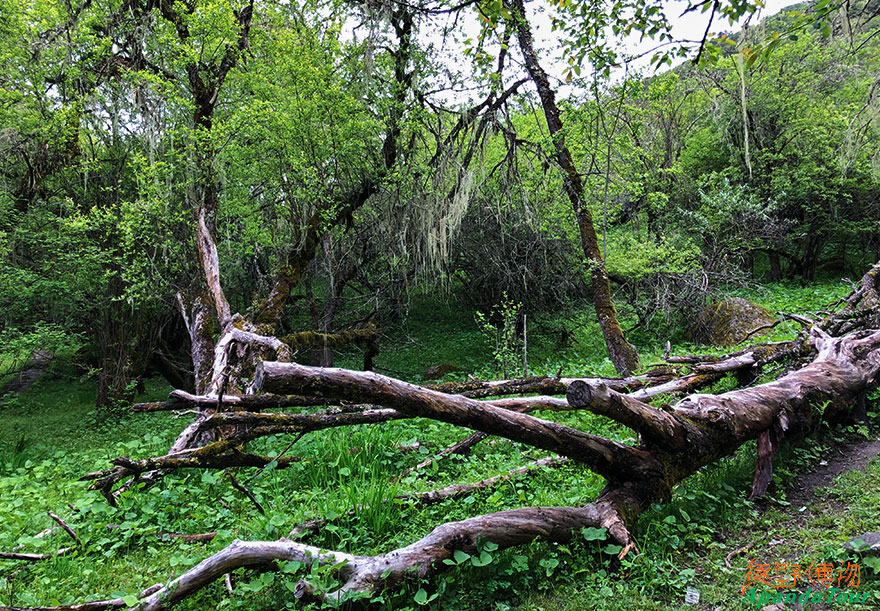
▲ Natural Habitat of Giant Panda
This research camp will take you to the kingdom of the Giant Panda to learn the breeding, growth, protection, release, and stories behind Giant Panda. We will follow the reserve staff to go to the wild in search of the companion animals of the giant panda and learn the significance of giant panda protection. We will also drive to Balang Mountain to observe and record the unique birds in western Sichuan and observe the surviving skills of alpine plants. We will also visit local families and make our community survey report. With all this information, we will make our Giant Panda scientific research report.
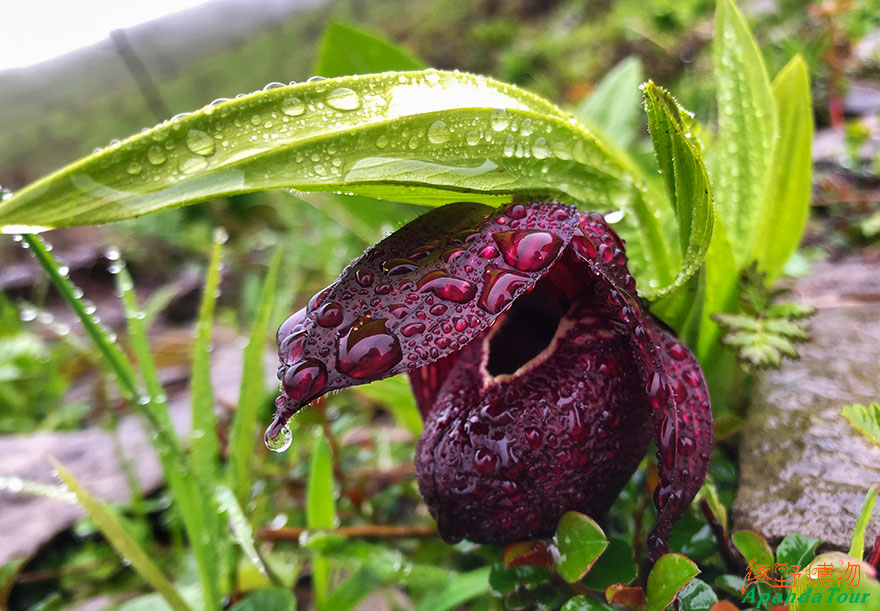
▲ Cypripedium tibeticum King ex Rolfe——the endemic plant in China
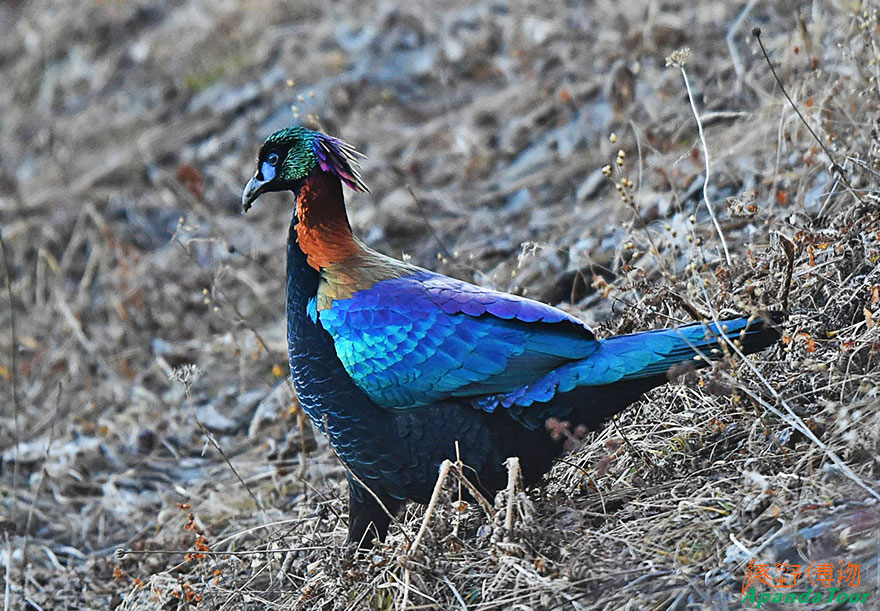
▲ Chinese Monal Pheasant——China endemic species, national first class protected bird
Trip Targets
1. Learning Knowledge:From the perspective of the animal behaviors and ecology, we will rediscover giant pandas and their companion animals, and learn about the natural habitats for the wild pandas and diverse ecological systems;
2. Acquiring skills:Our experiences in the field include learning how to install and use infra-cameras, the identification of animal traces, and taking notes for the research report and improving it. We will also learn the skills of observing birds in the wild and plant identification methods;
3. Building up Passion and Attitude:Through the program, we aim at building up our curiosity and exploration power toward nature, further stimulating our love toward Giant Pandas and other wildlife and plants, becoming more devoted to protection, and being able to work better with teammates;
4. Improve Behaviors:This program also aims at strengthening our awareness of environmental protection through gaining a better understanding of the relationship between giant pandas, the natural environment, and human development.
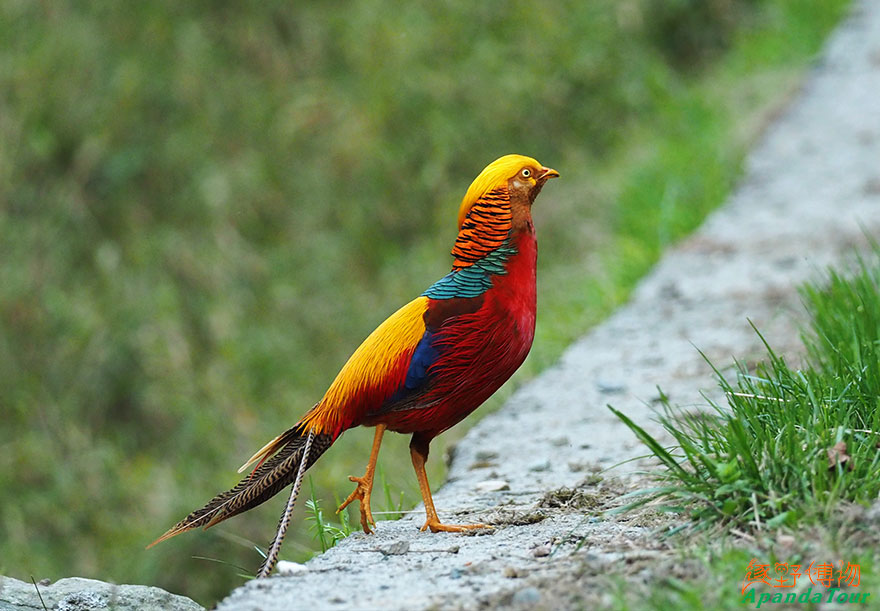
▲ Golden Pheasant——China endemic bird
Trip Highlights
1. Observe the giant pandas at different ages at a close distance including their body features and behaviors at the China Conservation and Research Center the Giant Panda;
2. Field patrol and scientific research with staff from Wolong Nature Reserve while hiking in the primeval forest;
3. Enjoy a great variety of alpine flowers including poppies, and orchids with a chance to see some mammals such as the Red Panda, Blue Sheep, and Himalayan Marmot. We will also see some raptors such as Himalayan Griffon, Golden Eagle and Lammergeier, and some China endemic birds;
4. Visit some communities in the reserve, and learn about the daily lives of local people and research on the relation between the reserve and community development;
5. Work with reserve staff and learn how to make a Giant Panda research report.
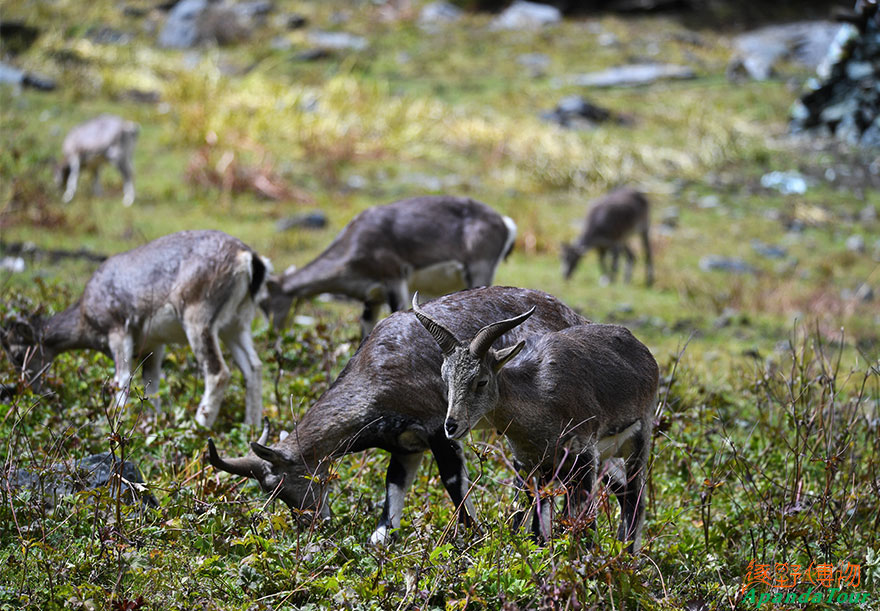
▲ Blue Sheep
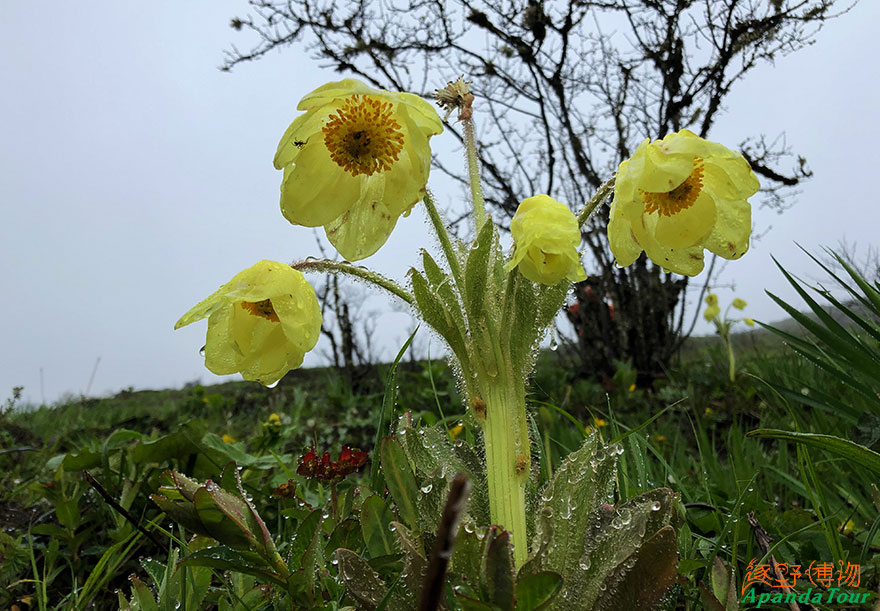
▲ Meconopsis integrifolia——alpine flower at Balang Mountain
 Itinerary
Itinerary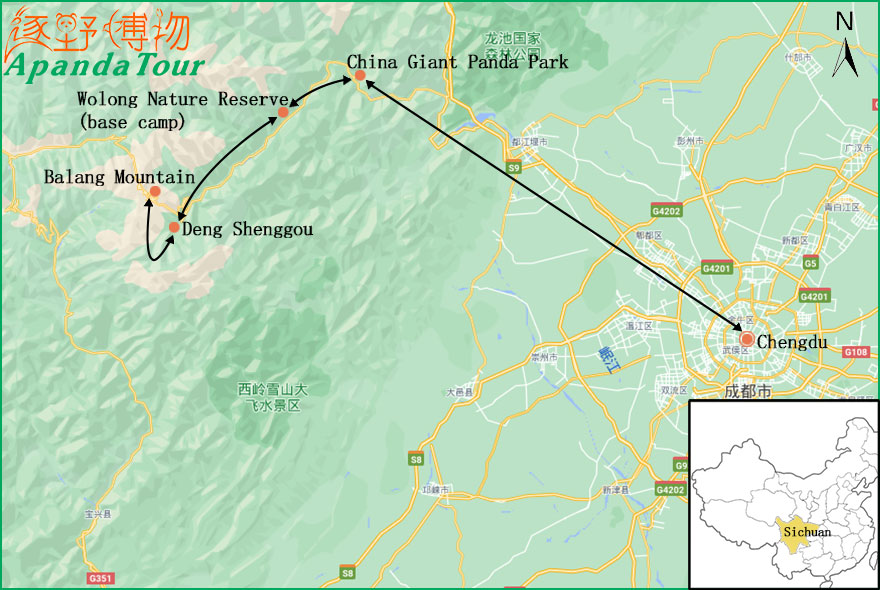
▲ Tour Map
Day 1:Get to know Wolong Nature Reserve.
In the morning, we will board our private tour bus at a designated place in Chengdu and drive to Wolong Nature Reserve, enjoying the landscape change when we drive from Chengdu Plain to the mountainous areas in southwest China.
In the afternoon, we will have an opening ceremony for our research camp followed by a tour to familiarize ourselves with the local environment. We will go to Wolong Nature and Earthquake Museum to know the local geographical environment and natural resources. Then we will have a nature guide practice. Then we will get our first bird-watching class at the lower elevation area of Wolong to learn how to find and observe birds in the field. We will try to find some common birds in the Pitiaohe River such as the Brown Dipper and Plumbeous Water Redstart.
In the evening, we will discuss and dispatch tasks for our scientific research camp.
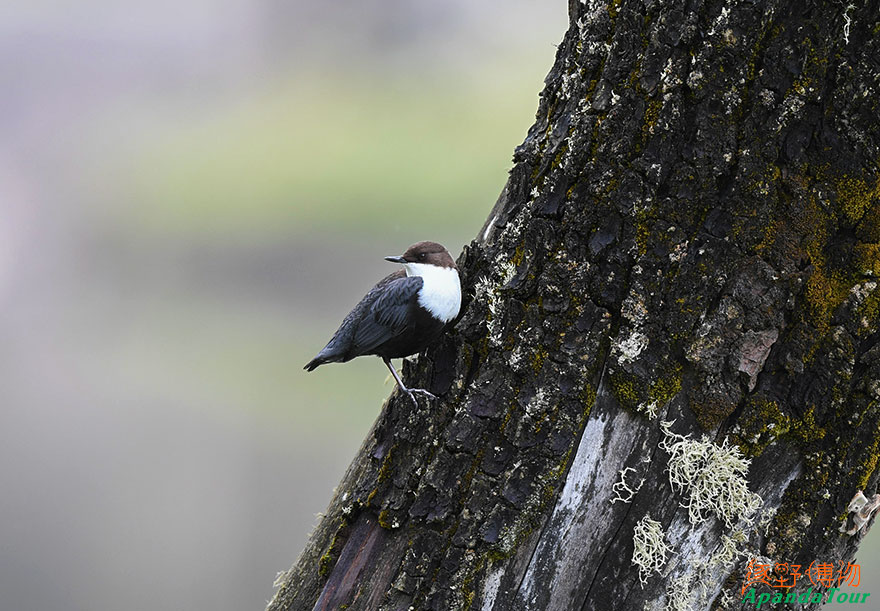
▲ Brown Dipper
Day 2:Giant Panda Exploration.
In the morning, we will drive to China Conservation and Research Center for the Giant Panda to observe the body features and behaviors of Giant Pandas at close distance. We can also try to find the minor differences between different pandas. We will also get information about the body structure of the Giant Panda, and how their diet adapts to environmental change. We will also share lots of information about pandas you might not know.
In the afternoon, we will drive to a conservation station to learn the daily works of reserve patrol staff(rangers) and their interesting conservation stories. These will help us to think about the significance of the giant panda protection and establishing reserves.
In the evening, we will make some panda handicrafts.
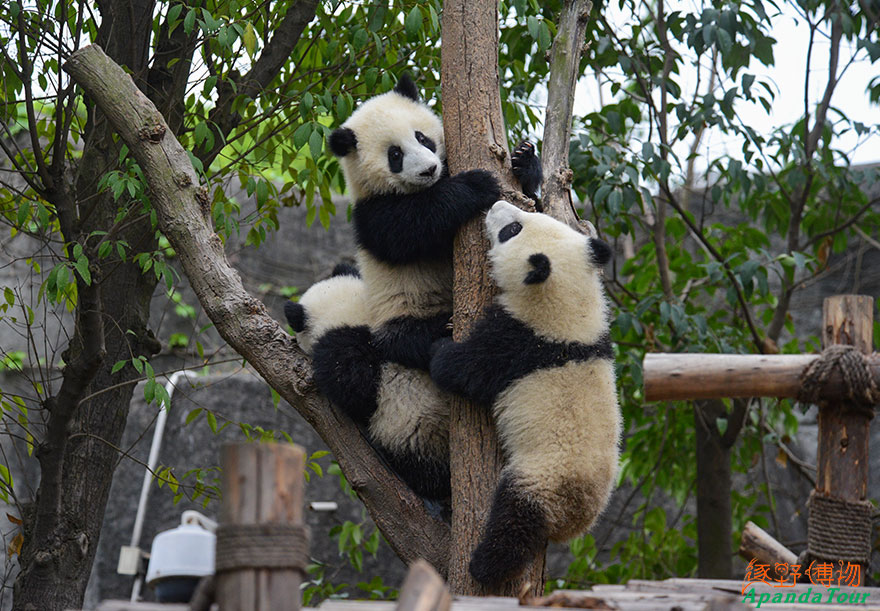
▲ Daily plays of panda cubs

▲ Handicrafts made in our past trips
Day 3:Scientific Research in the primeval forest.
In the morning, we will go to the natural habitats of the Giant Pandas along with reserve staff to learn how to install and use infra-camera, how to find and identify the animal traces, and how to understand the forest ecological system. We will learn how to make notes for our research report and how to improve it.
In the afternoon, we hike in the primeval forest with chances to encounter the companion animals of the giant panda such as the Golden Pheasant, Sichuan Takin, and Chinese Goral. We will also experience the fun of playing nature games and teamwork.
In the evening, we will improve our scientific report and discuss the natural resources and conservation status of reserves.
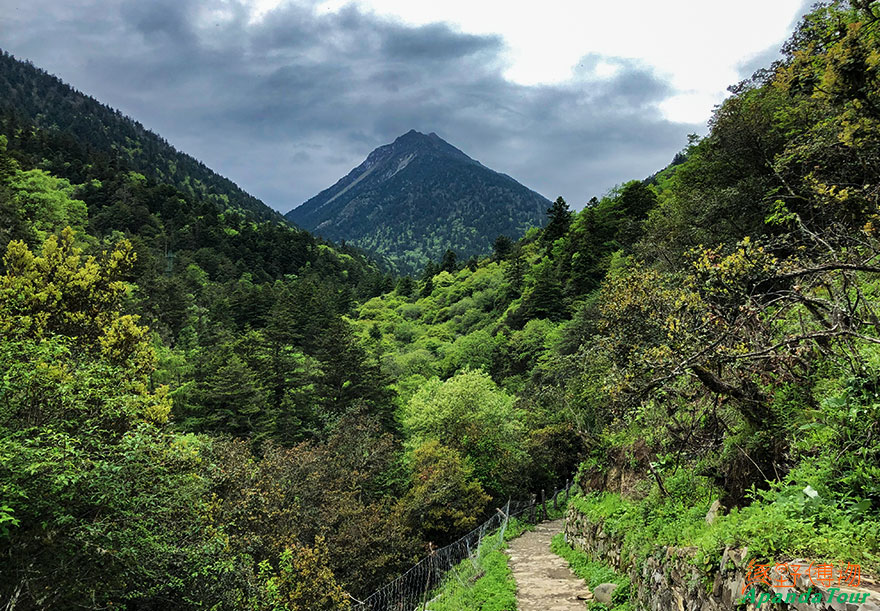
▲ Natural Habitat of Giant Panda
Day 4:Nature Observation in Balang Mountain.
We will spend the whole day in the field. In the early morning, we drive to Balang Mountain to look for the endemic birds in the west Sichuan including raptors such as Himalayan Griffons and Lammergeier, analyze the different ways by different bird species to adapt to the environment. We will also learn the identification of alpine flowers such as poppies and their surviving secrets of alpine flowers.
In the evening, we will watch a nature documentary film followed by a discussion on the harmonious relationship between people and nature, and photos of some common wildlife and plants in southwestern China. We will also update our scientific report.
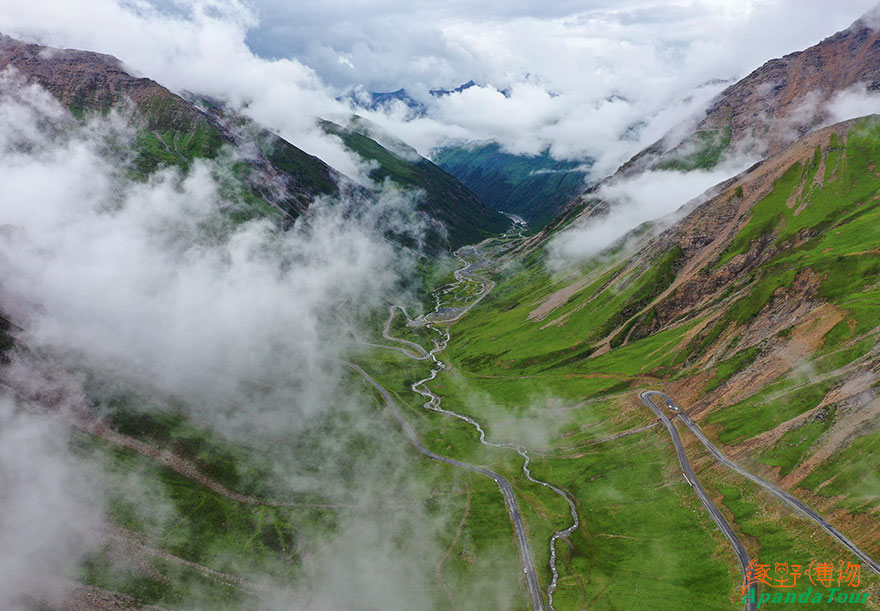
▲ Balang Mountain
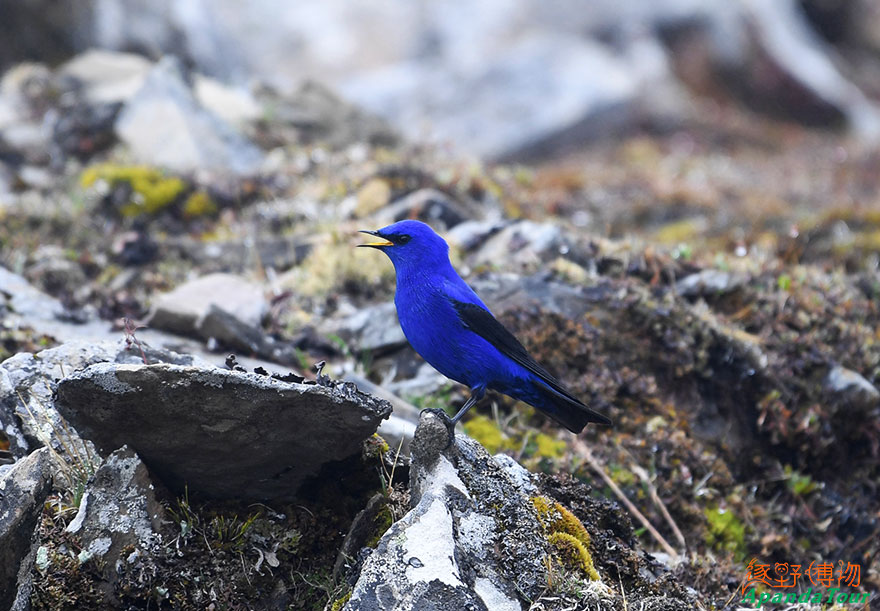
▲ Grandala——a star bird species in Balang Mountain
Day 5:Community study and camp-closing ceremony.
In the morning, we will visit the neighboring communities and learn about co-existence and development between reserves and local communities. We will complete our Giant Panda scientific research report.
In the afternoon, the participants report on the findings and we summarize with a camp-closing ceremony before we drive back to Chengdu to conclude our research camp.
 Guide(s)
Guide(s)
Bella Zhang
A bilingual nature teacher, culture interpreter, guide for birds and mammals
Being born and nurtured in a Bai family in Dali of Yunnan Province, Bella has shown strong love and curiosity toward nature at a young age thanks to the excellent ecological environment in her hometown. She joined our company after graduation from Sichuan Agriculture University and became a nature guide for ecotour trips, which were planned for nature and wildlife lovers from home and abroad. She is widely respected and loved by her clients because of her fluent English, profound knowledge, and great service. In the past five years, she has traveled to most places in Yungui Plateau, Qinghai-Tibet Plateau, and mountains in southwest China and built up her rich knowledge in the birds, animals, and cultural resources in these areas. She is happy and good at sharing her knowledge. She hopes to help both old and young travelers of ApandaTour to seek fun from nature and enjoy it, reconnect themselves with nature.
 Dates & Prices
Dates & PricesLocation: Wolong Nature Reserve
Date: July 25th-29th, 2025
Expected participants: Family with children above 8 or only children above 10
Size:10-20 pax, minimum 10 pax
Price:597USD/pax, same price for adults and children
The price includes: transportation for the whole trip starting from Chengdu and back to Chengdu, tickets for entrance, nature teachers, service charges, meals during the trip, hotel stays, materials for the trip, and travel insurance
The price does not include:personal expenditure and any item not specified as being included in the itinerary
 Logistics
LogisticsHotel Stay:Local hotels(one twin-bed room for one family, for children without a parent, arrange room-sharing according to the actual situation. In principle, we do not use one room for one single child. If parent hopes to use a single room, the single supplement is 118USD/pax).
Transportation:We will rent a registered tour bus during the whole trip starting from and ending in Chengdu.
Food:Sichuan dishes at local popular restaurant and Tibetan-style hotpot.
Safety Measures:
1. All around process control and safety check before the start of the trip.
2. Staff with AHA first aid certificate and first aid kit during the whole trip.
3. Detailed rules and reminders for the trip and ensure all the participating parents and children know them.
4. Measures for epidemic prevention: we will prepare epidemic prevention materials such as surgery masks, pure alcohols, hand sanitizer, and thermometer. We will have a temperature check before the start of our trip activities.
 FAQs
FAQsAre there any we need to pay special attention to for the activities on Balang Mountain?
The temperature changes significantly at the higher part of Balang Mountain, please make sure you have warm clothes and comfortable shoes. Preferably, the inner clothing you wear breathable ones for avoiding catching a cold. Moreover, the high elevation areas have strong ultraviolet, so make sure you have suncream at hand. We will prepare an e-version departure book with much more detailed information and send it to each participant before the start of the trip for your better preparation.